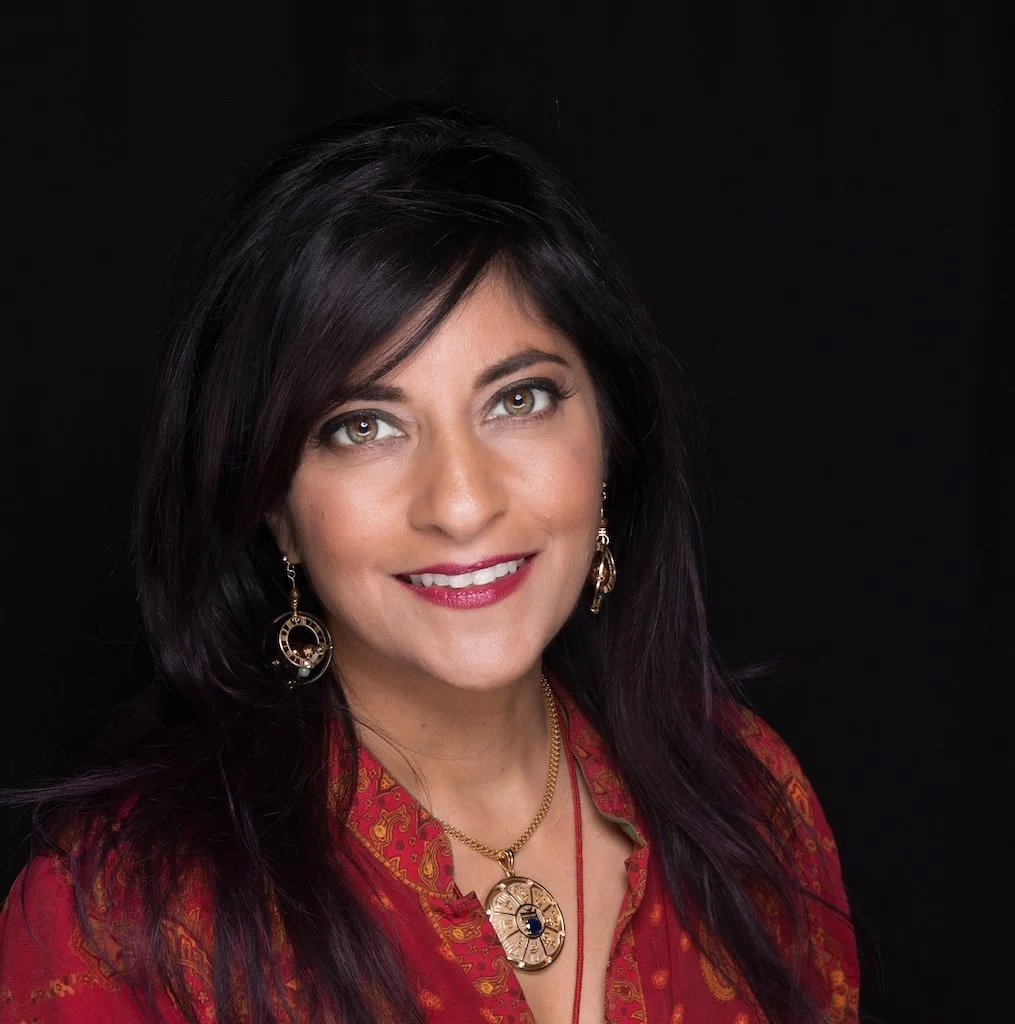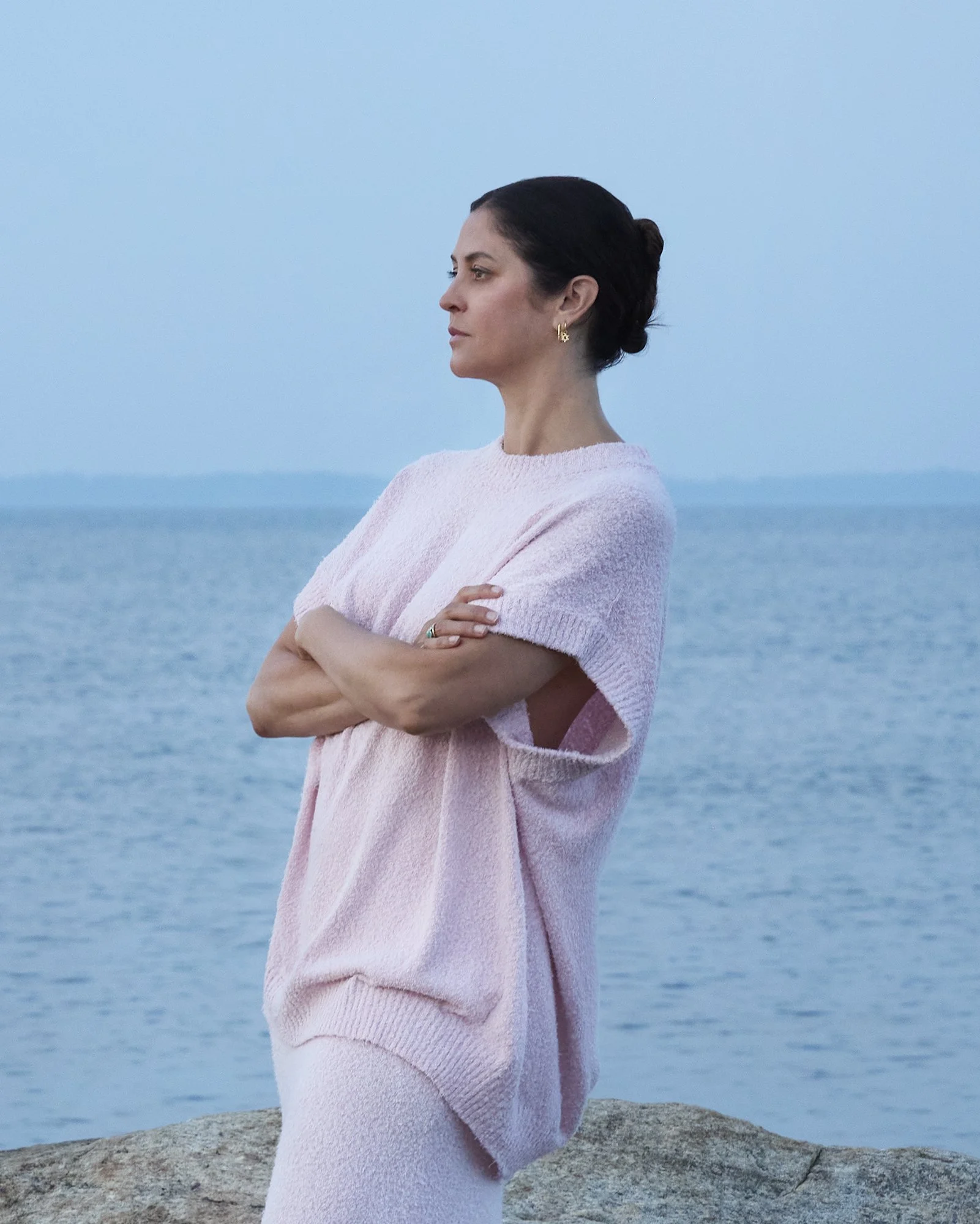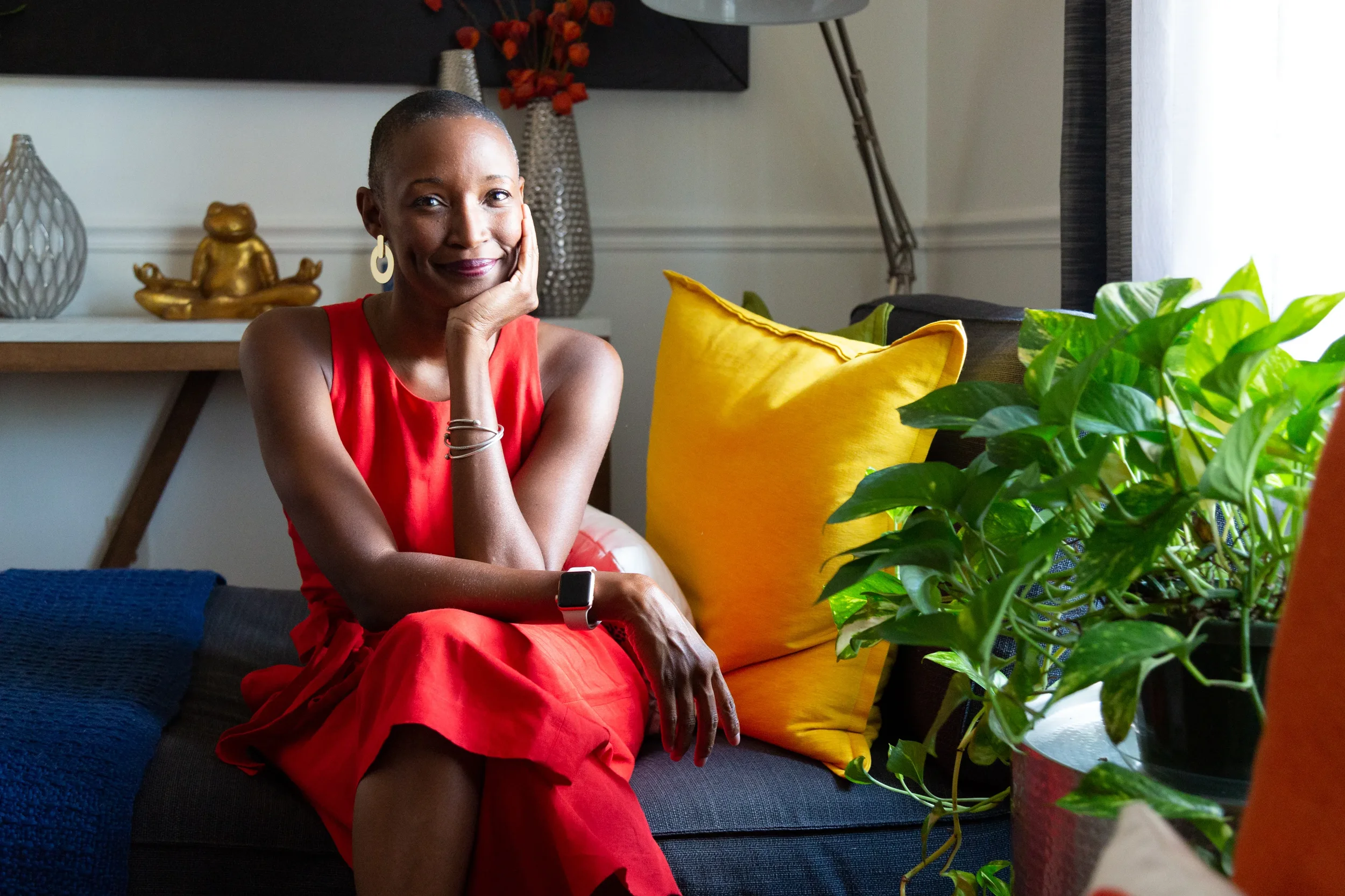True health is about more than simply taking your medicine. It’s about healing the whole person, mind, body, and spirit. In this episode of Next Economy Now, Dr. Shamini Jain, a clinical psychologist, scientist, author, singer, and founder of the Consciousness and Healing Initiative, explores the intersections of science, spirituality, and creativity in advancing health and well-being.
Dr. Jain shares her journey from early experiences with sound and mantra to rigorous scientific exploration of vibration and energy healing. She discusses how practices like Reiki, sound, and meditation influenced her path, and highlights biofield science as a framework for understanding how energy shapes healing. Drawing on research and personal stories, she explains how placebo elements, relationships, and consciousness itself play a powerful role in recovery.
The conversation also looks at scaling healing practices, shifting medical paradigms, and how creativity and community can help us process challenges while leading from joy. Tune in to learn how Dr. Jain is bridging science, spirituality, and art to reimagine what true healing can look like.
Key Points From This Episode:
Introducing Dr. Shamini Jain and how she found her work at the intersection of science and spirituality. [0:00:36]
Letting go of perfectionism and returning to singing as creative medicine. [0:06:26]
Exploring vibration through music, storytelling, and scientific research. [0:11:52]
The history and definition of the term biofield, and scientific studies showing energy healing’s effects on cancer and immunity. [0:17:01]
Why placebo elements are powerful healing forces, not illusions. [0:25:43]
Reframing healing as an interconnected system of mind, body, and spirit. [0:31:31]
How the Consciousness and Healing Initiative (CHI) is advancing systems change and community-based healing, and the upcoming documentary, The Energy That Heals. [0:34:10]
Scalable healing practices vs costly drug development. [0:39:46]
What’s next: new projects in music, teaching, and the Rock Goddess Collective. [0:42:30]
Quotations:
“Singing was just something that brought me back home to myself. When the world was crazy, I could sing to myself, and it would bring me back to that place, that place of soul, that place of spirit, uniting with consciousness.” — Dr. Shamini Jain [0:03:02]
“Biofield was a term that was coined in the 90s by a group of scientists and healthcare practitioners who met at the National Institutes of Science. — They were trying to figure out how they could study and explain phenomena that they were seeing that [were] relevant for healing.” — Dr. Shamini Jain [0:17:03]
“These so-called healing elements, these placebo elements, in many cases, are more effective than [the] drugs themselves.” — Dr. Shamini Jain [0:30:09]
“Healing is an interconnected system. So the way that I choose to eat, the company that I keep, the doctors that I see, the ways that I run my energy and my support system all have an effect on my healing, because healing is interconnected.” — Dr. Shamini Jain [0:33:27]
“Know that you're a creative being. Explore where creativity wants to take you.” — Dr. Shamini Jain [0:45:11]
Links Mentioned in Today’s Episode:
Dr. Shamini Jain: https://www.shaminijain.com/
Dr. Shamini Jain on LinkedIn: https://www.linkedin.com/in/shaminijain/
Free Gifts to Resource Your Healing: https://www.shaminijain.com/freegift
Consciousness and Healing Initiative: https://www.chi.is/
Monthly Free Live Webinars: https://www.chi.is/webinars-public/
Energizing Whole Person Health — www.scienceofhealingcourse.com
Healing Ourselves: www.healingourselvesbook.com
The Energy That Heals: http://www.theenergythatheals.com
Kaliyuga Blues: http://www.kaliyugablues.com
Rock Goddess Collective: https://rockgoddess.band/
Health and Interconnection TEDx Berkley: http://www.tinyurl.com/wiredtoheal
Shawn Berry on LinkedIn: https://www.linkedin.com/in/sdberry/
Stay Connected To Next Economy News with our Newsletter!
Interested in receiving the latest news from the Next Economy? Sign up for our newsletter and receive monthly tips, advice, and resources from our team and partners:https://lifteconomy.com/newsletter







